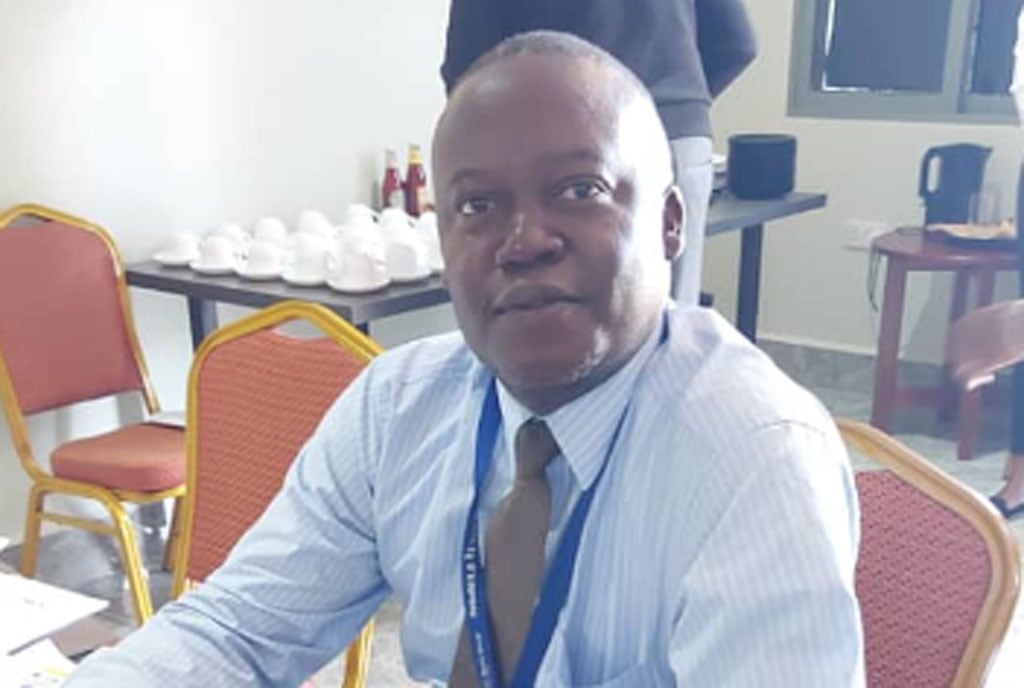Prime
Winners and losers in early closure of schools

What you need to know:
- While some head teachers say the closure has disrupted the teaching programme, others have supported it to cut the high cost of running the institutions.
The Ministry of Education and Sports last week directed all pre-primary, primary, and secondary schools across the country to close for third term holidays on November 25, two weeks earlier than December 9 when they were officially meant to break off.
The decision followed a surge in Ebola cases, which had claimed the lives of eight learners at the time the State minister for Primary Education, Ms Joyce Kaducu, made the announcement.
“We decided to shorten the term by two weeks to curb the spread of the virus among learners and staff,” Ms Kaducu said.
However, the move seems to have plunged a number of schools into uncertainty, with some of them postponing programmes.
St Catherine Junior School, Sonde, Mukono had, for instance, planned a Top Class graduation ceremony on November 26, at which its pupils were going to be promoted to Primary One; however, that seems to hang in balance.
“The administration will meet and decide the next course of action,” a staff member, who declined to be named because he isn’t authorised to speak to the media, said.
Ms Betty Kizige, the principal of Kabwangasi Core Primary Teachers’ College, said early closure brings a “crisis” to higher institutions of learning.
“We are praying Kyambogo University, which takes care of education teacher training, brings the exams forward. Teacher trainees have just returned from school practice and need a week to prepare, compile the coursework, and prepare for final assessment exams,” she said.
However, Mr Stephen Makubo, the head teacher of Buteme Primary School, described the early closure as a “God sent”, saying the school was heading for a financial crisis and food shortage following the poor harvest season.
“The two weeks will ease the management crisis like paying off wages as we shall end with only November,” he said.
Elsewhere, Mr Mathias Mugeni, the headmaster of Madibira Primary School in Busia Municipality, said they had been made to start examinations early.
“Primary One to Primary Three will start exams on Monday (yesterday) up to tomorrow, while the remaining classes will sit their exams on Thursday and Friday and then go home so that teachers can mark and prepare report cards,” he said.
Mr David Sidialo, the headmaster of Majansi High School in Tororo District, said the directive to close the schools early was a blessing in disguise.
“Throughout the term, the school has struggled to raise money to buy food for the students amid high prices of beans and maize flour (posho),” he said.
“The majority of our parents had challenges paying school fees this term yet we had to buy beans and posho expensively to ensure the students have meals. A kilogramme of beans was going for Shs5,000, while maize flour was averaging at Shs3,500 per kilogramme,’’ Mr Sidialo added.
Mr Samuel Barasa, the headmaster of Lunyo Hill Secondary School in Busia District, said early closure has disrupted the teaching programme, adding that the Senior Three class was the most affected.
“Their coverage was low since the Covid-19 pandemic era, and we thought they would use the remaining time to have some good coverage,” he explained.
According to Mr Barasa, because of the “disruption”, they had drawn an examination timetable that would see students sit for three papers each day, with one in the morning, midday and afternoon.
Stephen Egesa, a student of Busia Secondary School, said the planned closure comes at the right time for sports lovers who will watch the World Cup. The tournament kicks off on Sunday.
Last month, the administration of Sebei College, Tegeres in Kapchorwa District, suspended about 800 students for two weeks for engaging in a violent strike.
The strike erupted after the school administration reportedly failed to show the English Premier League match between Chelsea and Manchester United on October 23, which ended in a stalemate.
Asked if the early closure of schools will mitigate the risk of another violent strike during the forthcoming World Cup, the head teacher, Mr Frederic Chesang, said their intention is to have students do their exams by Saturday this week.
“Last time (during the Chelsea versus Manchester United game) there was no power, but this time we shall provide power. We shall show them the (World Cup) matches before they go home because it will even help us to keep them busy as teachers mark exams,” Mr Chesang said.
Mr Charles Kirunda, the head teacher of Kigalama Primary School in Namutumba District, said the early closure of schools in the promotional term means automatic promotion of learners to the next class.
“The government is indirectly implementing automatic promotion, which is going to affect the education system in the future. We are teaching following an abridged curriculum, but closing the term earlier means cutting the syllabus,” he said.
Mr Henry Muzale, his Namuwondo Primary School counterpart, said the early closure of schools has affected the parents’ Annual General Meeting (AGM), which sits at the end of the Third Term.
Mr Muzale said the meeting offers head teachers the opportunity to account to the parents and review the school’s work plan for the next year.
Guideline
Students in boarding sections who are not contacts of any Ebola Virus Disease (EVD) case and with no symptoms studying in either Mubende or Kasanda districts will be issued with permits to travel to their respective home districts after screening and verification.





